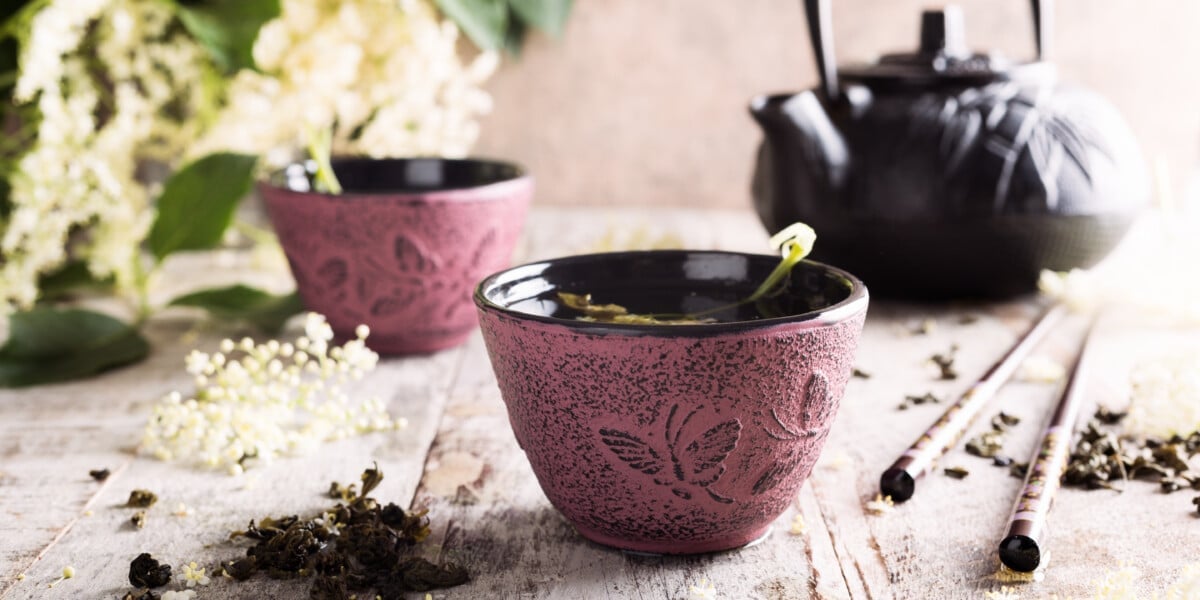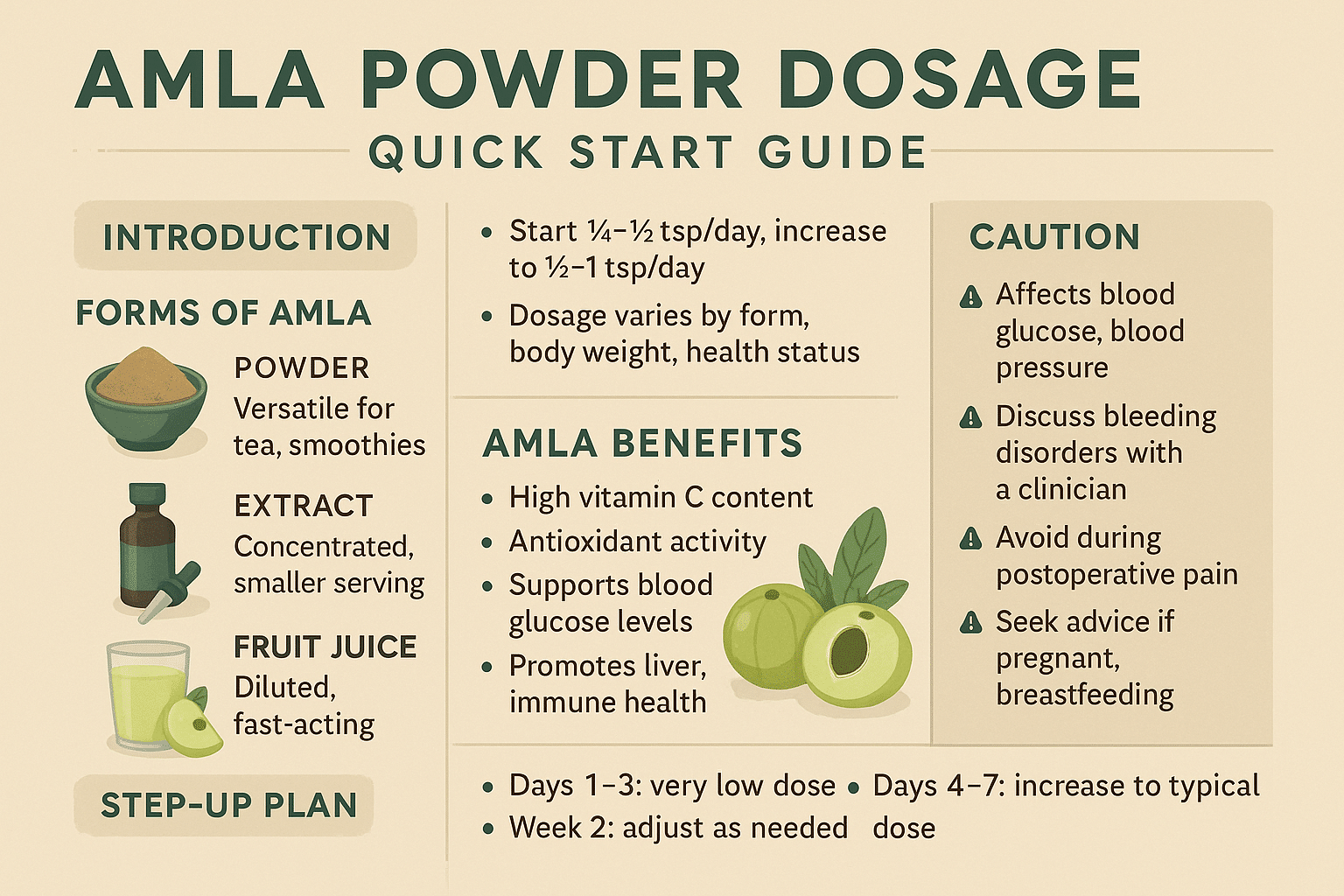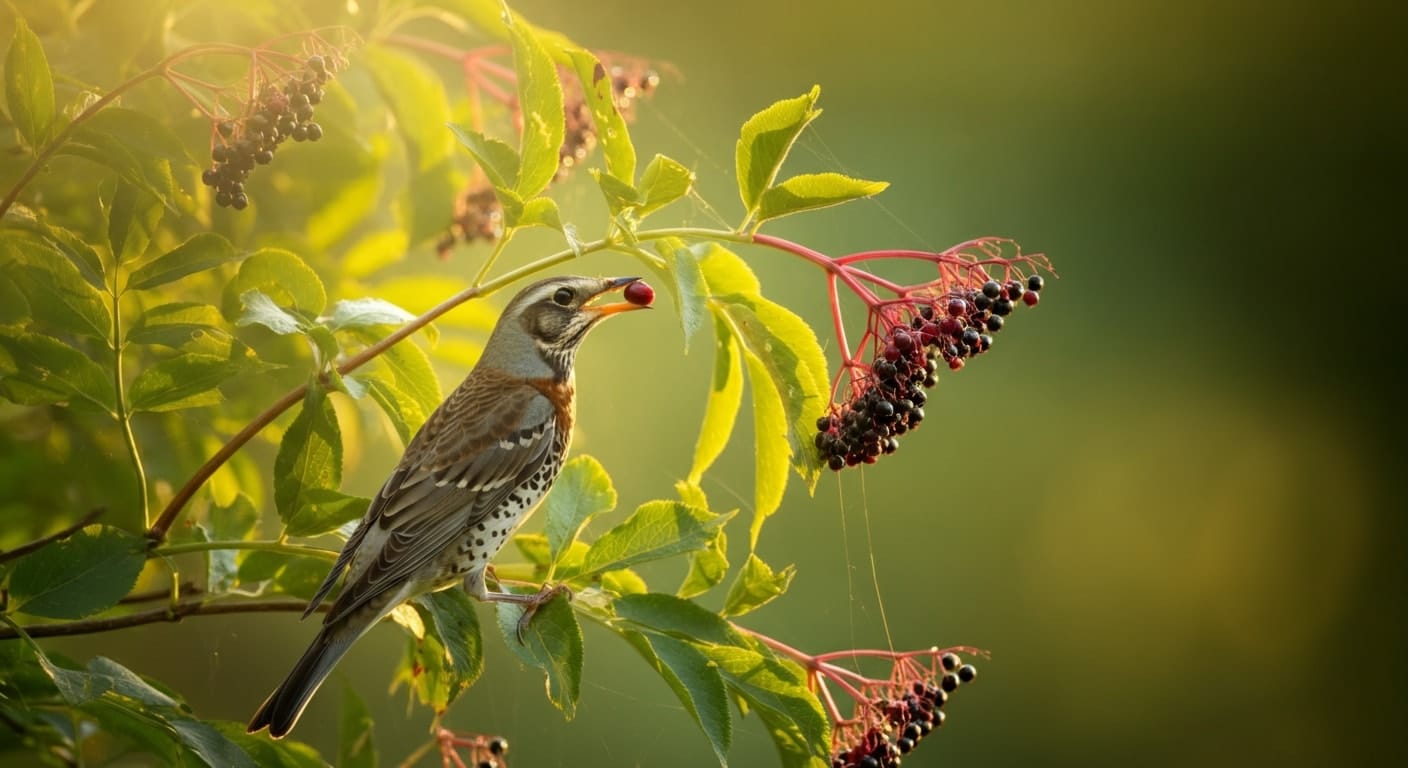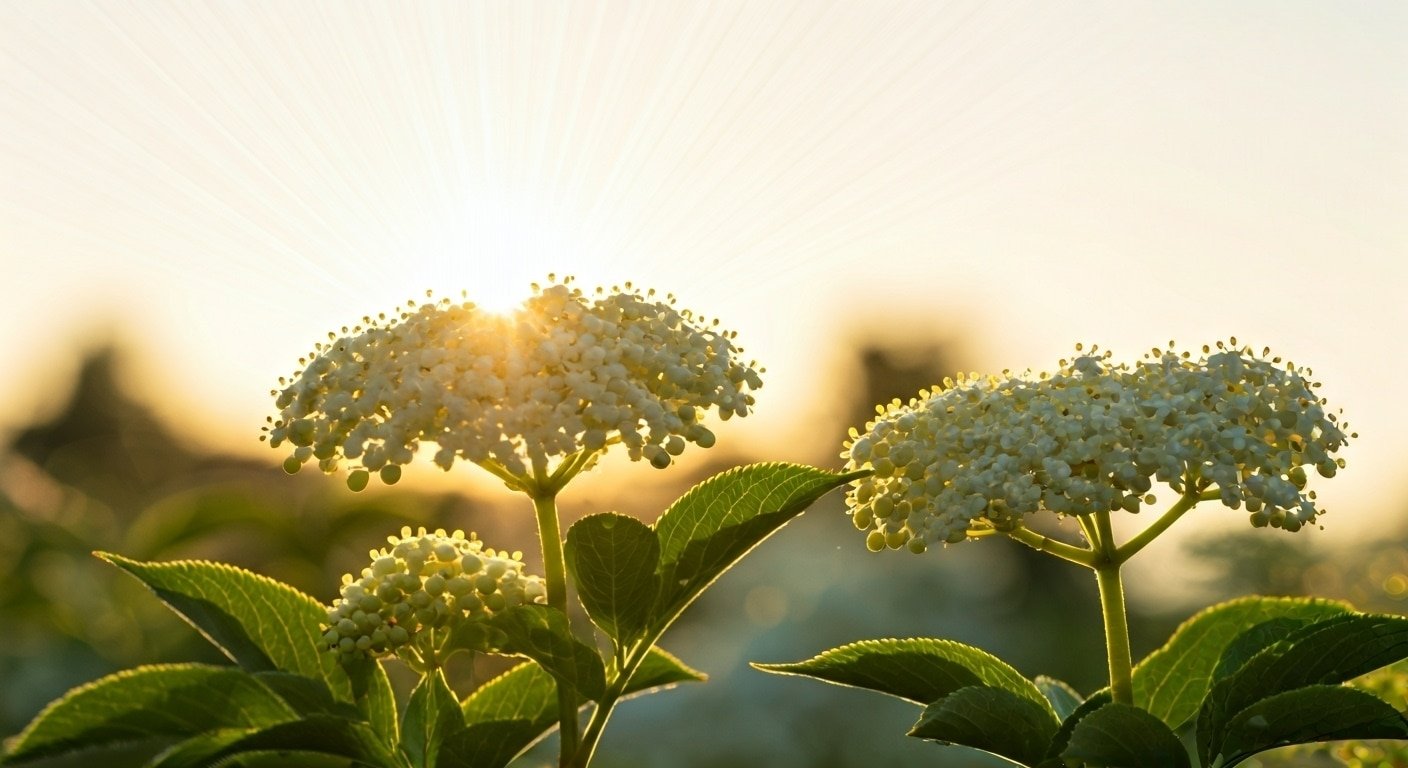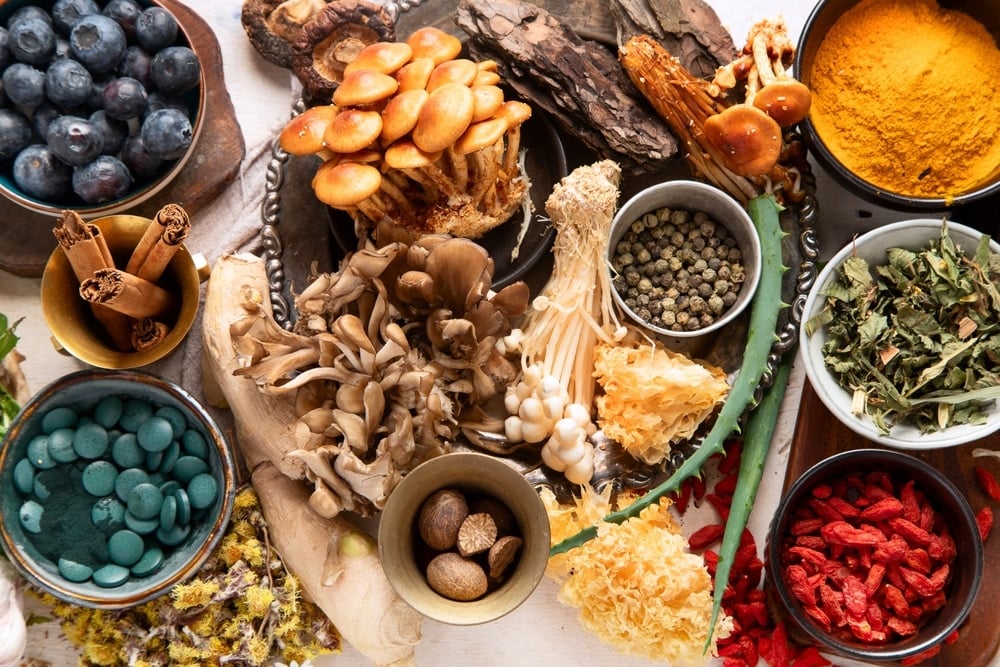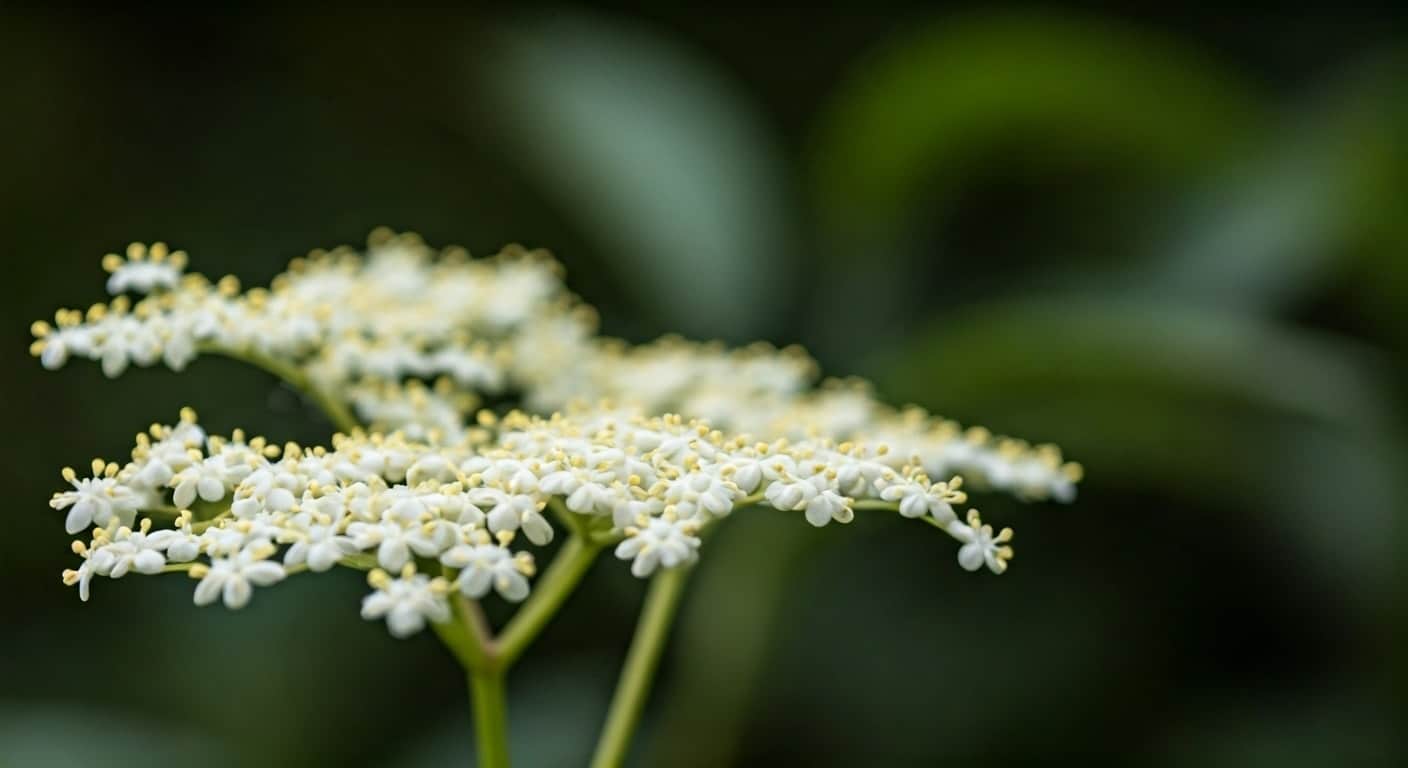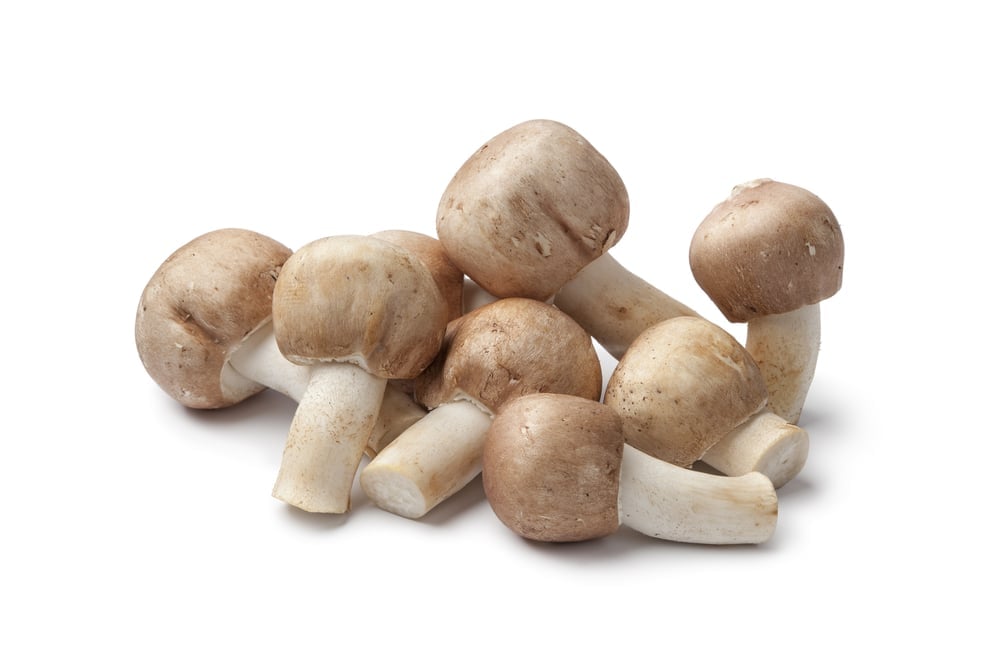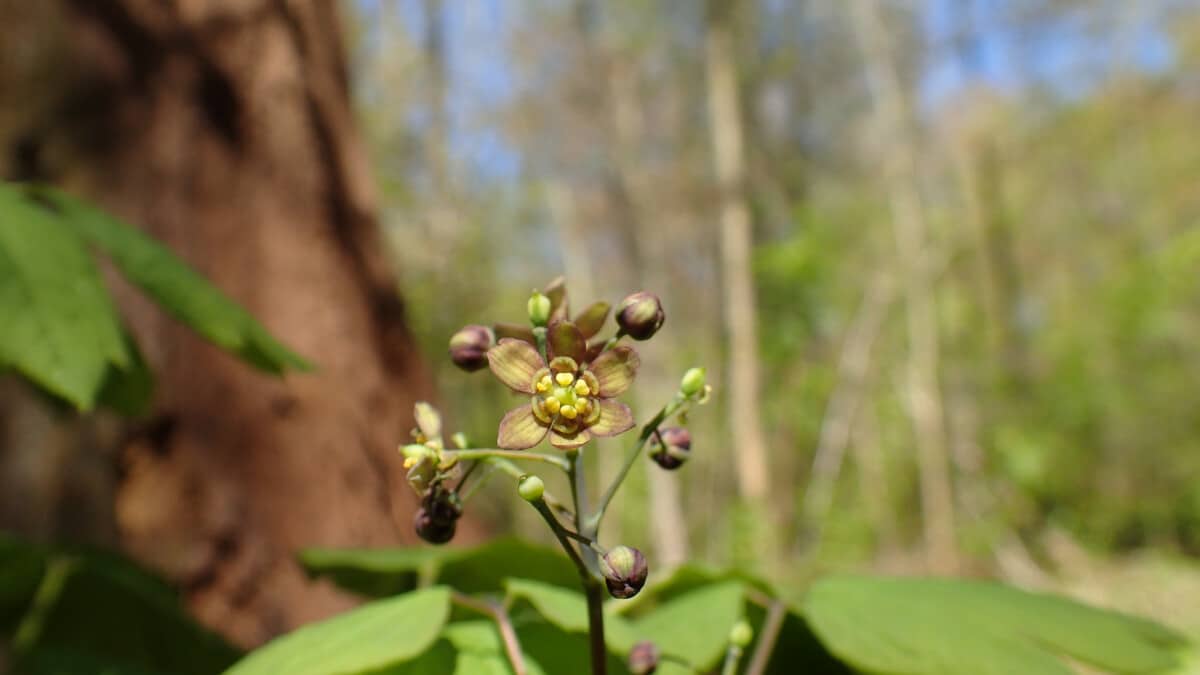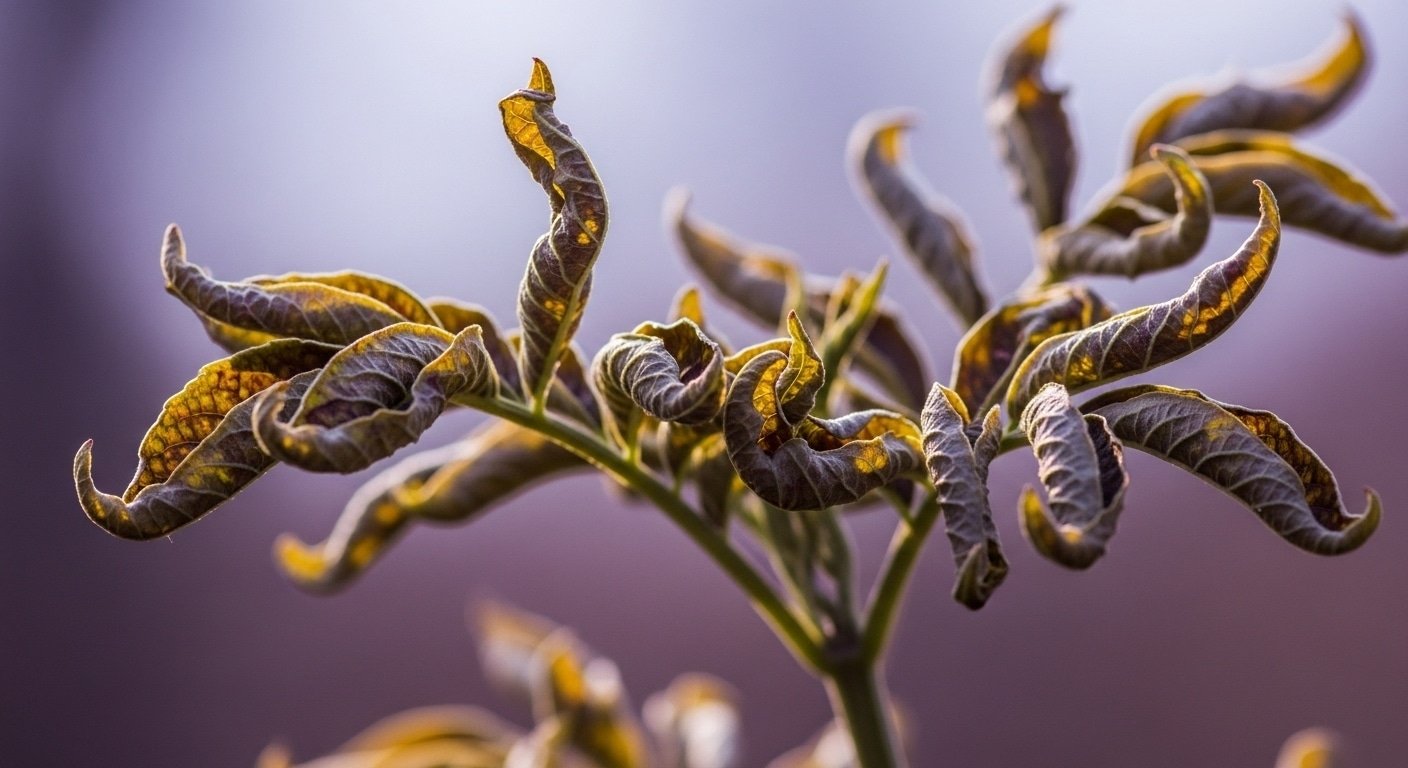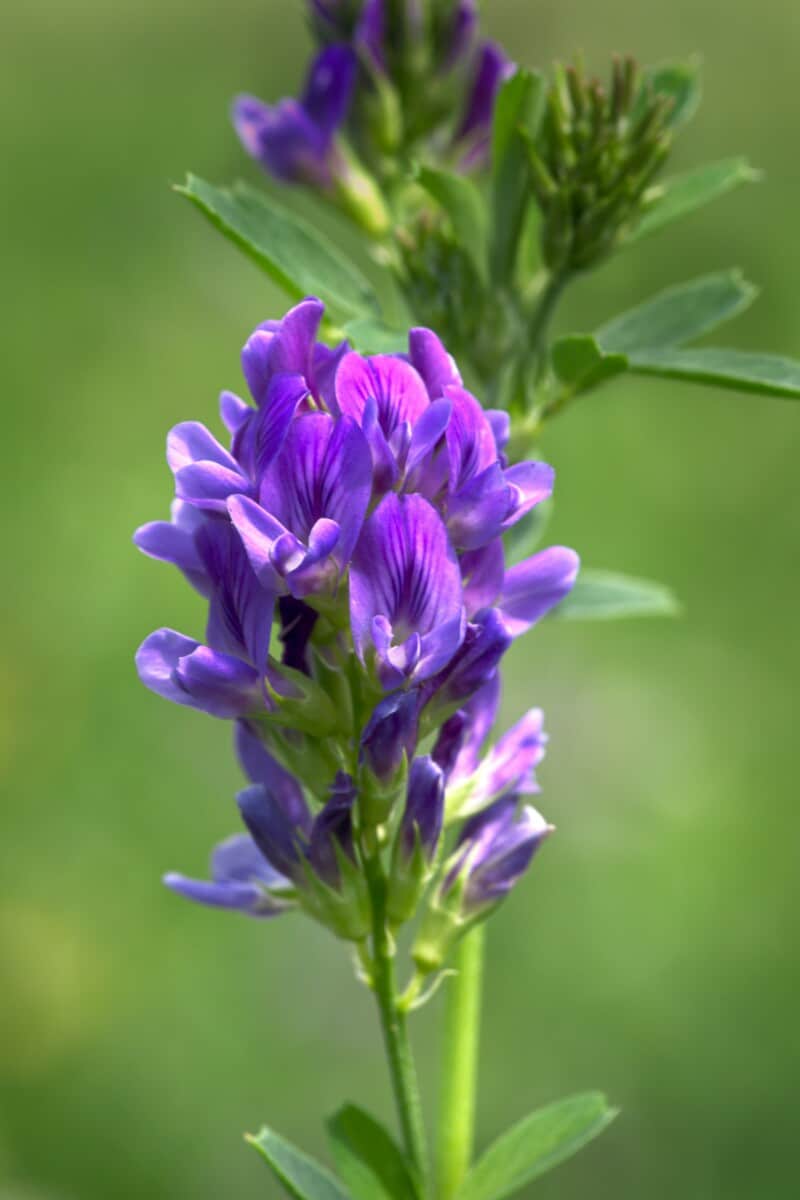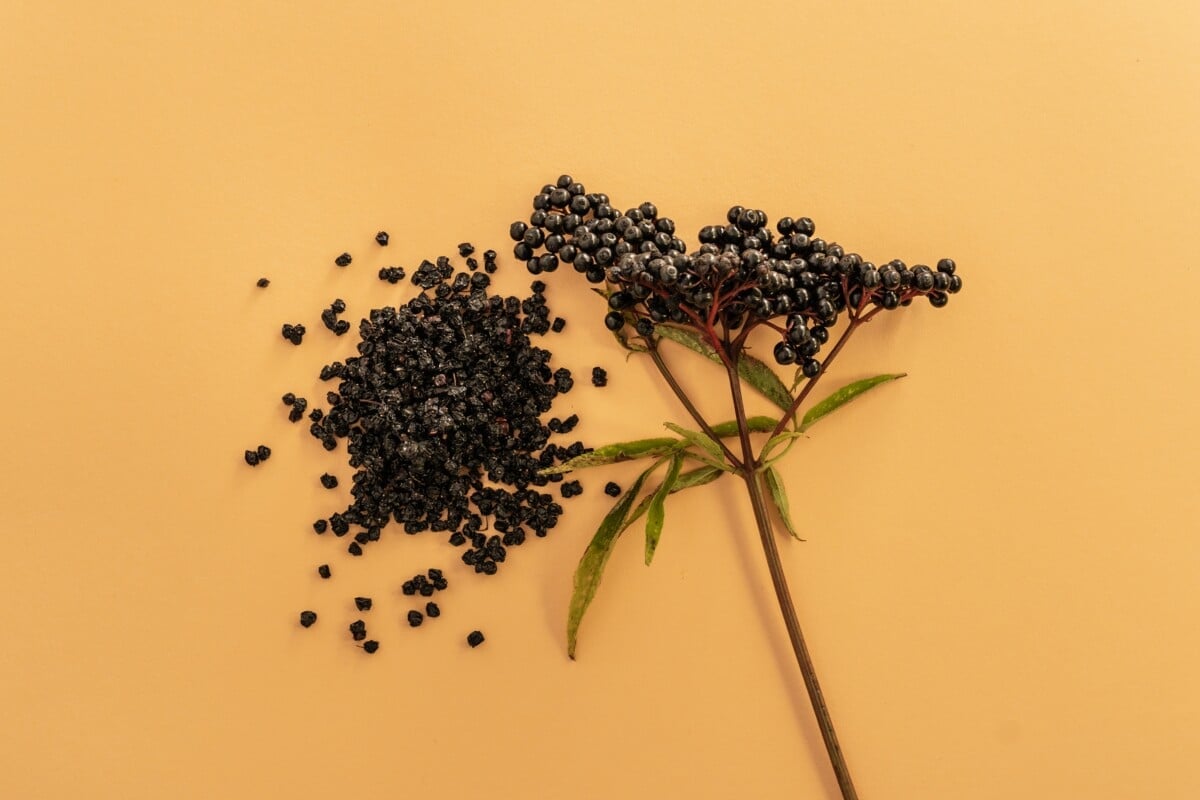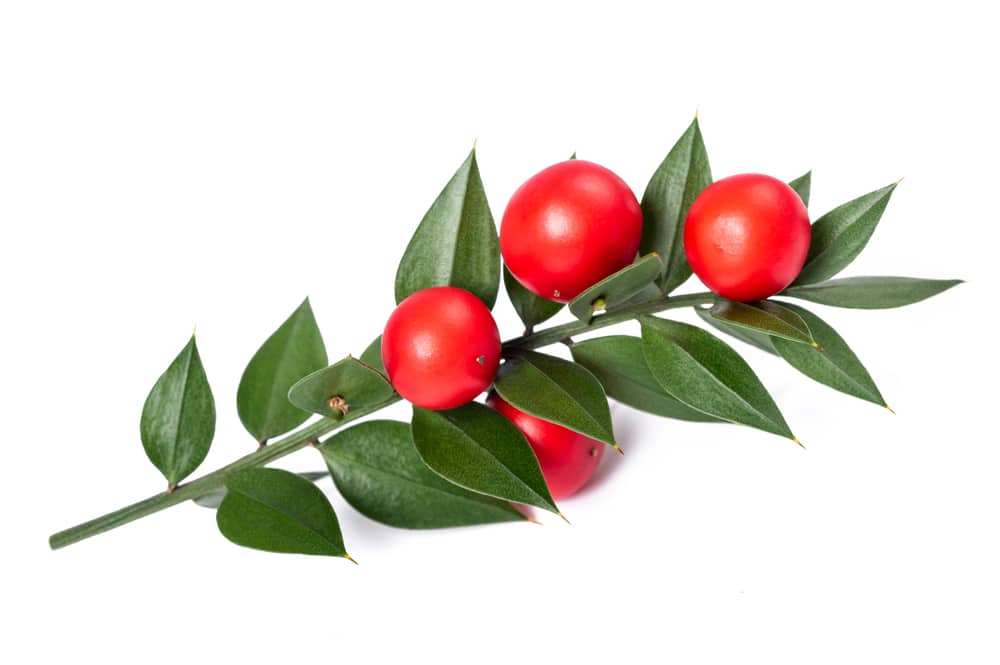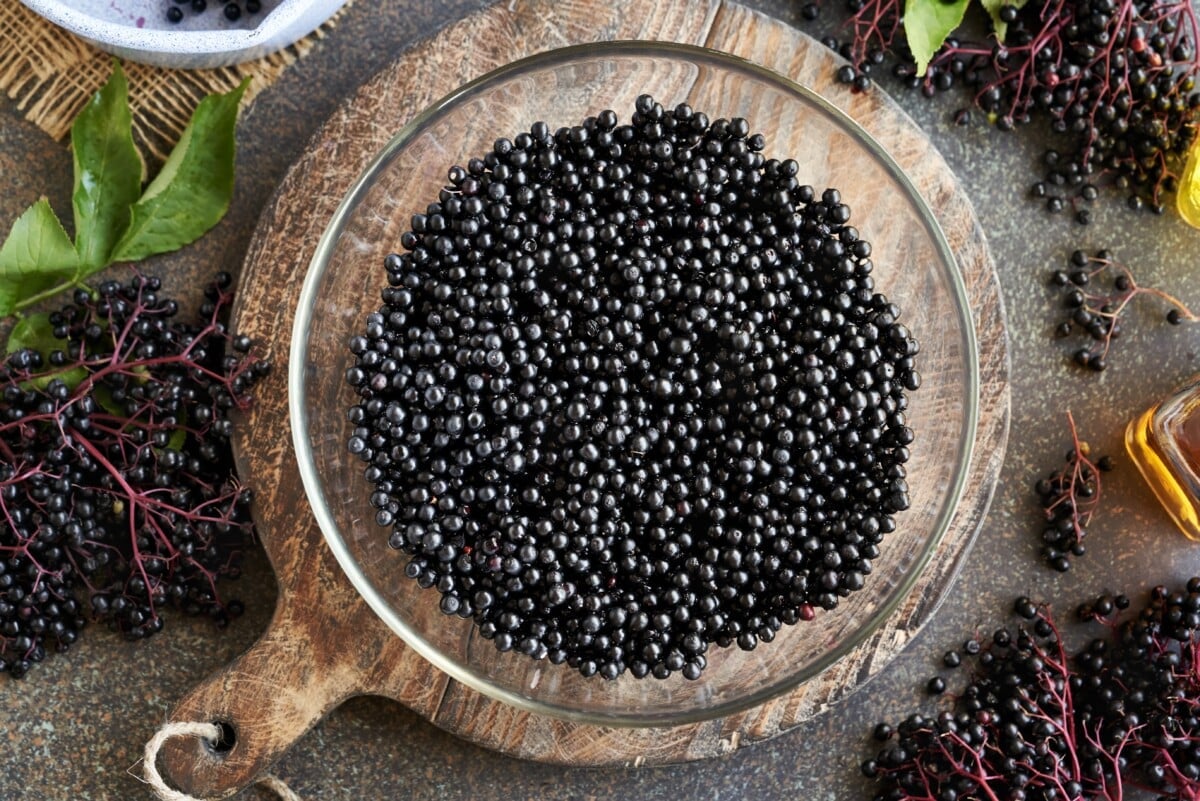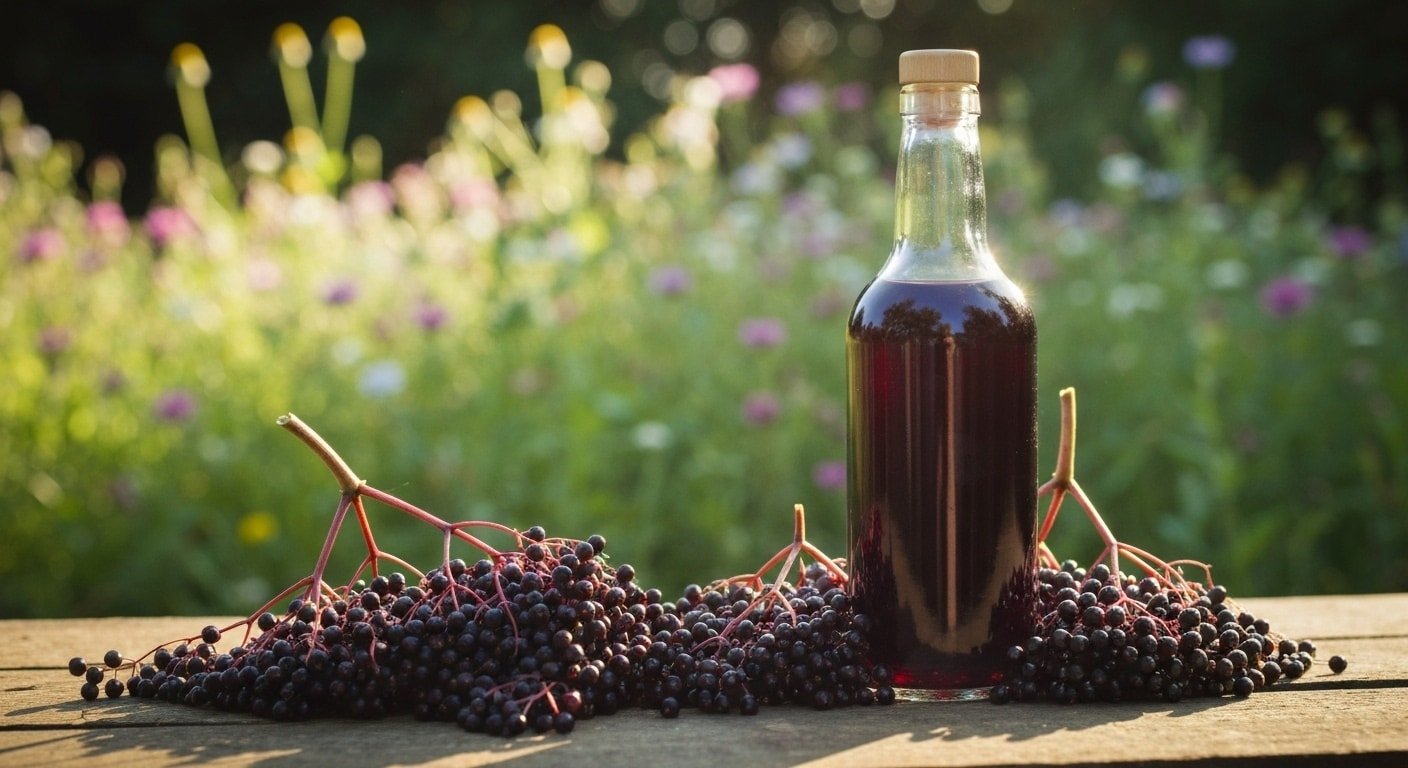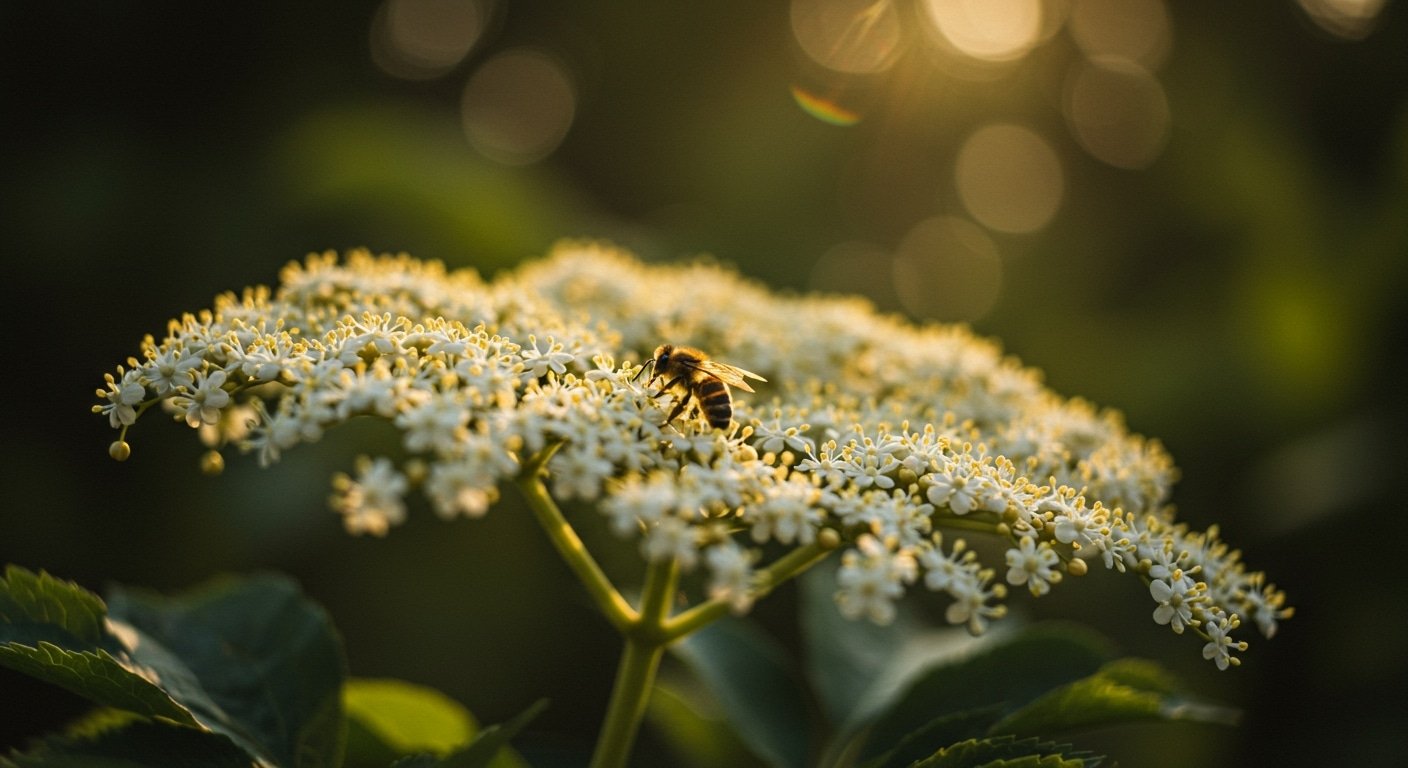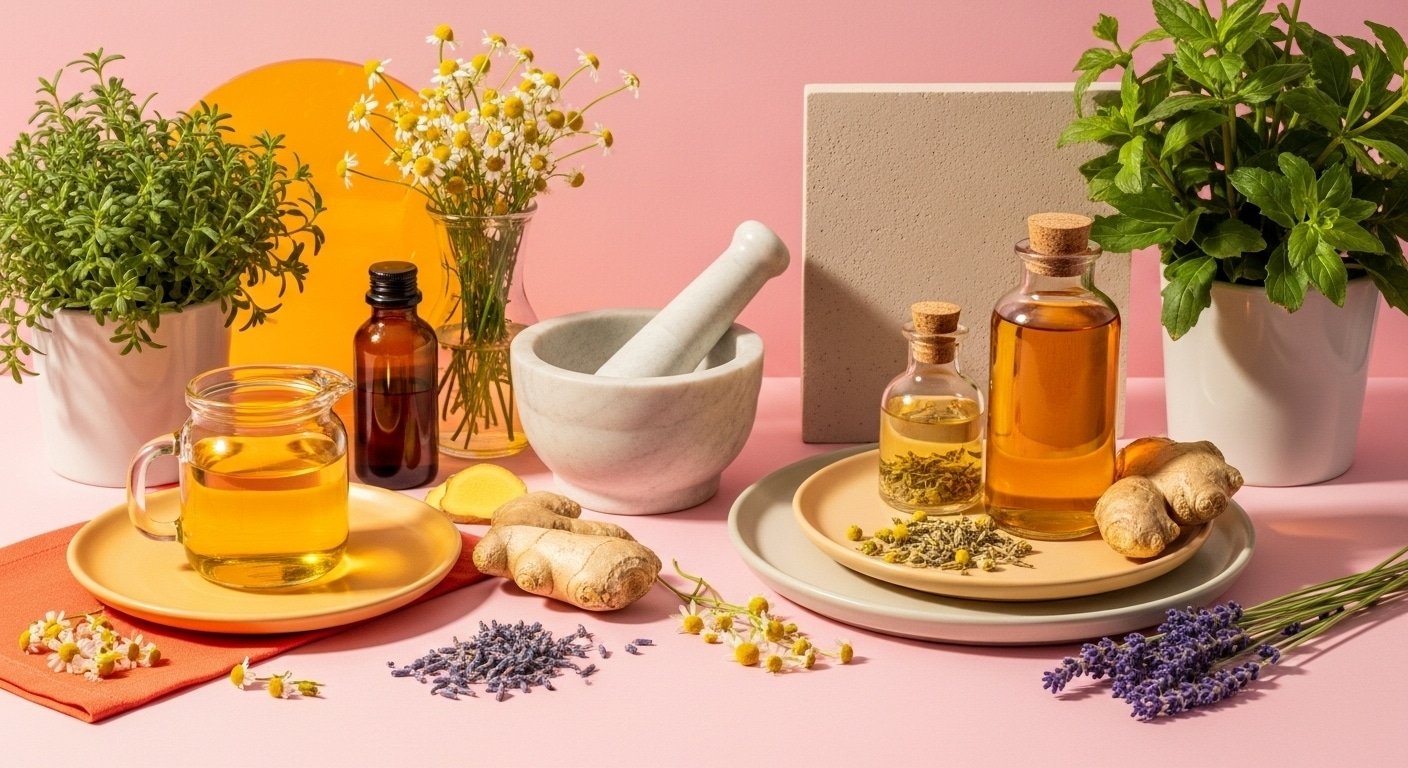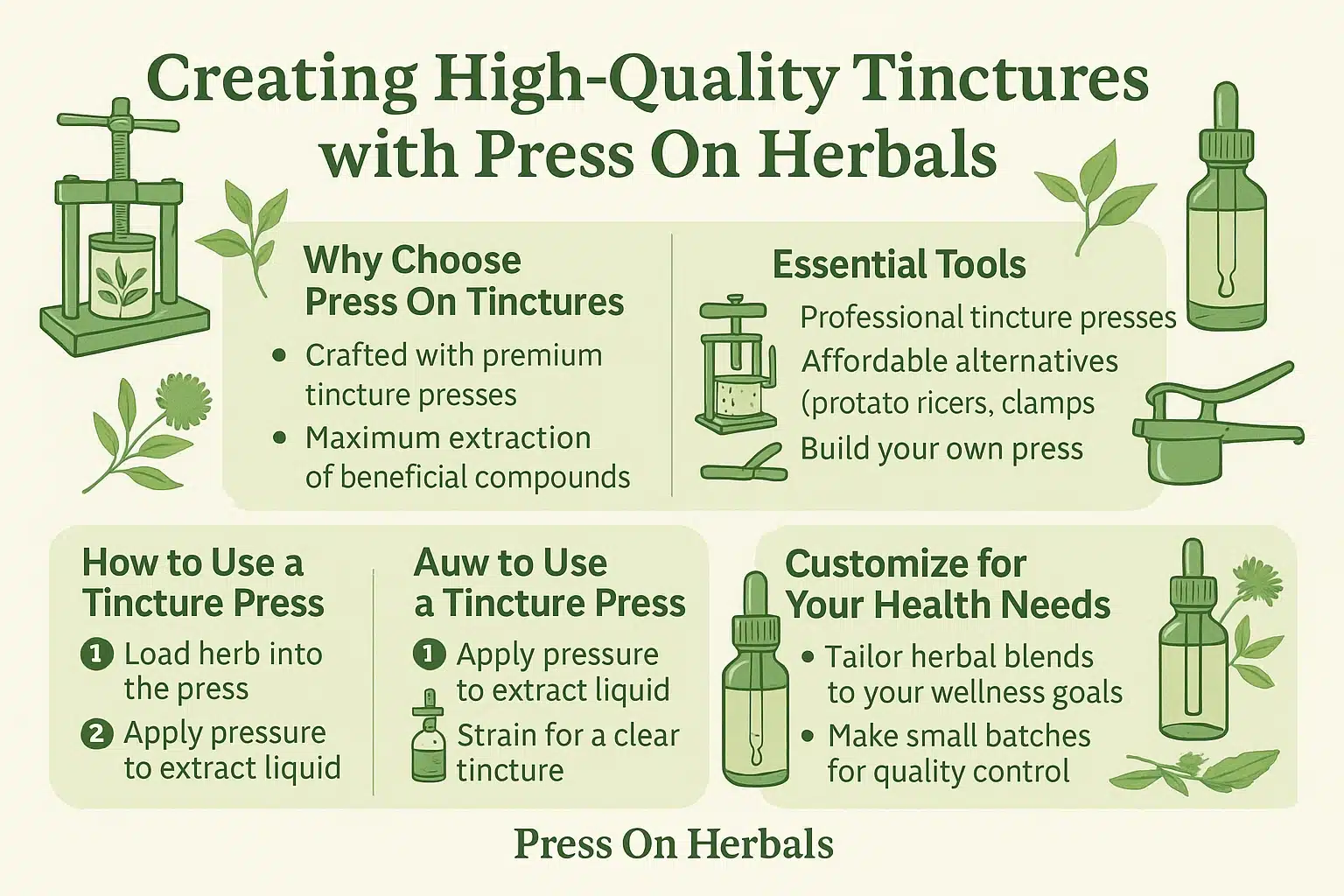Medicinal Attributes for the American Elderberry – An Overview Best Elderberry Plant for Medicinal Use Among all eld [...]
Views: 3074 min readAmla Powder Dosage: Quick Start Guide Amla shows up as powder, standardized extract, and fruit juice. Servings diffe [...]
Views: 544 min readWondering how to grow elderberry shrubs? These plants are known for their beauty and versatility. In this guide, you [...]
Views: 12513 min readWild cherry bark has become popular over time because people have learned of its helpfulness as an herbal remedy. M [...]
Views: 3142 min readElderberry Flowers: Traditional Uses, Medicinal Benefits, and How to Use Them at Home New here? Start with the Elder [...]
Views: 16115 min readCurious about how to make herbal medicine at home? This guide will show you how to select the right herbs, th [...]
Views: 9815 min readIntroduction Elderberry has gained widespread popularity as a natural remedy for immune support, especially d [...]
Views: 565 min readElderflowers Benefits: Fresh Elderberry Tincture Recipe Curious about how elderflowers can enhance your health? From [...]
Views: 13415 min readIntroduction to Agaricus Subrufescens Supplement Agaricus subrufescens, also known as the almond mushroom or royal s [...]
Views: 233 min readBlue cohosh (Caulophyllum thalictroides), also known as blue ginseng, yellow ginseng, papoose root, and squaw root, is [...]
Views: 2165 min readIf your elderberry leaves curling are present, you’re likely wondering what’s causing it and how to fix it. H [...]
Views: 1088 min readWondering how to achieve better health naturally? A holistic herbalist can guide you. They use plant-based re [...]
Views: 8112 min readExploring the Benefits of Elderberry Tincture Elderberry tincture has gained popularity in recent years, but what mak [...]
Views: 3687 min readForms, Uses, and Benefits Introduction Butcher’s broom (Ruscus aculeatus) has been valued in European herbal medicin [...]
Views: 853 min readWhat is Black Elderberry Good For? Understanding the American Black Elderberry The American Black Elderberry, known [...]
Views: 8023 min readElderberry Weight Loss: Benefits Explained Elderberry, a small, dark-purple fruit, is often lauded for its immune-bo [...]
Views: 2376 min readOverview of onset time for elderberry effects, influenced by elderberry formulation and delivery method How f [...]
Views: 5210 min readNew here? Start with the Elderberry Flowers & Growing Guide. Elderberries (genus Sambucus) are well-known for th [...]
Views: 1566 min readIntroduction to Agaricus subrufescens Historical Background and Discovery Agaricus subrufescens, commonly known as t [...]
Views: 224 min read
Learning Herbalism
Herbalism is the ancient and evolving art of using medicinal plants and herbs to promote health and well-being. Whether you are a beginner or an aspiring professional herbalist, learning herbalism opens the door to a rich herbal journey filled with knowledge, healing, and connection to the natural world. This beginner’s guide will help you explore herbal basics, plant medicine, and the many benefits of herbal therapeutics.
Herbal Medicine and Herbal Preparations
Herbal medicine involves using plants and herbs grown specifically for their healing properties. These medicinal plants can be transformed into various herbal preparations such as teas, tinctures, salves, infused oils, and essential oils. Medicine making is a must-have skill for anyone interested in herbal practice, allowing you to create remedies tailored to common ailments like upset stomach, stress, or skin irritations.
Organic Herb Cultivation
A foundational part of herbalism is organic herb cultivation. Growing your own herbs ensures the highest quality and potency, and deepens your understanding of botanical life cycles and plant identification. Herbs grown in healthy soil without chemicals retain their healing properties and support sustainable herbalism practices.
Herbal Course and Herbal Academy
Taking an herbal course is an excellent way to begin your herbalism journey. Many herbalism schools and herbal academies offer self-paced courses with comprehensive course material covering materia medica, herbal actions, and medicine making techniques. These courses often include videos, recipes, and hands-on experience to enrich your learning. Renowned herbal teachers like Rosemary Gladstar and Michael Moore have created helpful information and favorite books that many students have found helpful in their studies.
Community Herbalist and Professional Herbalist
Herbalism can be practiced at many levels. A community herbalist uses their knowledge to support the well-being of their local community, often sharing herbal recipes and education. For those pursuing in-depth study, becoming a professional herbalist involves formal education, clinical training, and experience teaching. Both paths emphasize the importance of research, botanical knowledge, and hands-on experience.
Free Courses and Resources for Beginning Herbalists
Beginning herbalists can explore many free courses and online resources to develop their herbal knowledge. These self-paced courses cover herbal basics, plant identification, and herbal actions, providing a solid foundation in herbal therapeutics. Many herbalism schools offer discount codes for their courses, making herbal education accessible to all.
Materia Medica and Herbal Actions
Understanding materia medica—the detailed profiles of herbs—is essential for effective herbal practice. Learning the herbal actions, such as diuretic, nervine, or anti-inflammatory effects, allows you to select the right herbs for specific health needs. This knowledge supports crafting safe and effective herbal preparations that promote healing and overall well-being.
The Chestnut School and the Art of Herbalism
The Chestnut School is a respected herbalism school known for its emphasis on hands-on experience and community learning. Their courses blend the art and science of herbalism, focusing on organic herb cultivation, medicine making, and botanical study. This approach nurtures a deep connection to plants and the herbal world, enriching your herbalism journey.
Essential Oils, Infused Oils, and Medicine Making Techniques
In addition to traditional teas and tinctures, essential oils and infused oils are powerful tools in herbal therapeutics. Learning how to extract and use these oils expands your herbal repertoire. Medicine making techniques taught in herbal courses help you confidently create a variety of remedies that support the body and mind.
Embracing the Herbalism Journey
Learning herbalism is a lifelong journey that combines research, practice, and a love for plants. Whether you begin with a beginner’s guide or enroll in a professional herbalism school, the knowledge you gain will enhance your health, diet, and well-being. Exploring the world of American herbalism and the contributions of American herbalists like Rosemary Gladstar and Michael Moore provides helpful information and inspiration.
Conclusion
Herbalism connects us to the healing power of plants and the art of natural medicine. With the right education, resources, and hands-on experience, anyone can begin their herbalism journey and explore the many benefits of plant medicine. Start today by exploring free courses, favorite books, and trusted herbal teachers to cultivate your own herbal practice and enrich your life.

